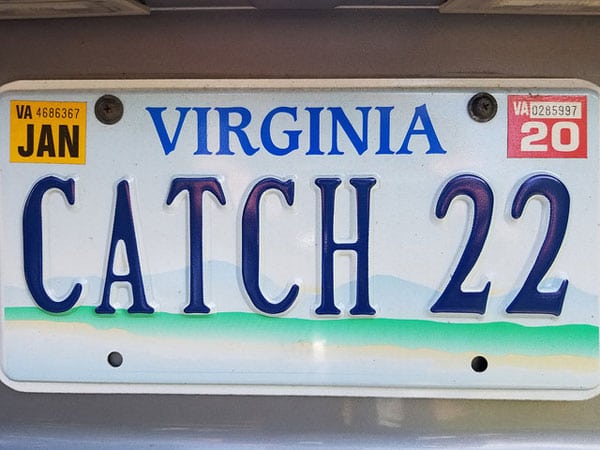
September 23, 2018; New York Times, Bustle, and Al Jazeera
Just when you thought this administration could not get much harsher in terms of its treatment of immigrants, it does. This weekend, the Trump administration, through its Department of Homeland Security (DHS), issued new regulations for legal immigrants regarding their use of non-cash benefits such as SNAP (food stamps), housing subsidies, or Medicaid drug benefits or subsidies. At the core of these new regulations is that the use of these non-cash benefits will be “heavily weighed negative factors” for those applying to remain in the US on a permanent basis, which includes those seeking to immigrate to the US and those already here on temporary student and worker visas.
These regulations were met with outrage and concern, both on the part of legal immigrants who might be touched by these new rules and current permanent residents who might step back from their use of much-needed subsidies and benefits for fear of future government reprisal and overreaction. The inclusion of a minimum $10,000 cash bond as a means to avoid the denial of a green card was seen as a way to siphon out the wealthy immigrants from the poor and make sure only those of means become citizens of the US. DHS indicated in a news release that this was to “ensure that those seeking to enter and remain in the United States either temporarily or permanently can support themselves financially and will not be reliant on public benefits.”
But this was met with fury from others, including Marielena Hincapié, executive director of the National Immigration Law Center, who called the plan “another cruel step” by the Trump administration. “How you contribute to your community—and not what you look like or the contents of your wallet—should be what matters most,” she said in a statement. “This proposed rule does the opposite and makes clear that the Trump administration continues to prioritize money over family unity by ensuring that only the wealthiest can afford to build a future in this country.”
The Trump administration timed this move strategically; the power to make immigration a bigger issue for the conservative voter base to help with voter turnout is not lost here. But, then again, as the New York Times observes, the issue could play well on both sides of the aisle.
There are political implications to the move, which comes less than two months before the midterm elections, which will determine who controls the House and the Senate for the next two years of Mr. Trump’s tenure.
Focusing on the use of public benefits is often an effective way to galvanize conservative supporters. Drawing attention to the use of those benefits by immigrants could be especially persuasive in turning out Mr. Trump’s supporters across the country.
Sign up for our free newsletters
Subscribe to NPQ's newsletters to have our top stories delivered directly to your inbox.
By signing up, you agree to our privacy policy and terms of use, and to receive messages from NPQ and our partners.
Stephen Miller, the president’s top immigration adviser, has long believed that being tough on immigrants is a winning tactic for Republican candidates who too often—in Mr. Miller’s view—have compromised with Democrats on the issue. He has pushed hard for the new rule during the past several months.
But the breadth of the effect on immigrants could also energize liberal voters to support Democratic candidates. In New York, for example, city officials estimated that under an earlier draft of the regulation, which was leaked to the news media, nearly one million people could be hurt.
In the meantime, what will happen? It is likely that many legal immigrants will withdraw from these benefits in order to not jeopardize their green card status:
The Legal Aid Society echoed concerns that the rule could create a situation where immigrants forgo much-needed assistance for fears of negatively impacting their applications.
“If adopted, the rule will create a nationwide health crisis impacting millions, and deter families from seeking vital medical care when they need it the most,” Attorney-in-Charge Adriene Holder said in a statement.
“This proposal is radical and dangerous, and wholly against our values and principles as a nation founded by immigrants.”
These regulations will be published in the Federal Register and undergo a 60-day public comment period before they go into effect. In the meantime, many legal immigrants who rely on these technical, complex non-cash programs for basic survival needs may withdraw from those programs for fear of losing their green card opportunity. In the end, the number of immigrants who are actually subject to this new rule may be outstripped by those left homeless, hungry, and without needed medication and healthcare for fear of transgressing it. It’s a classic Catch-22; is this irony what our government was seeking?—Carole Levine













